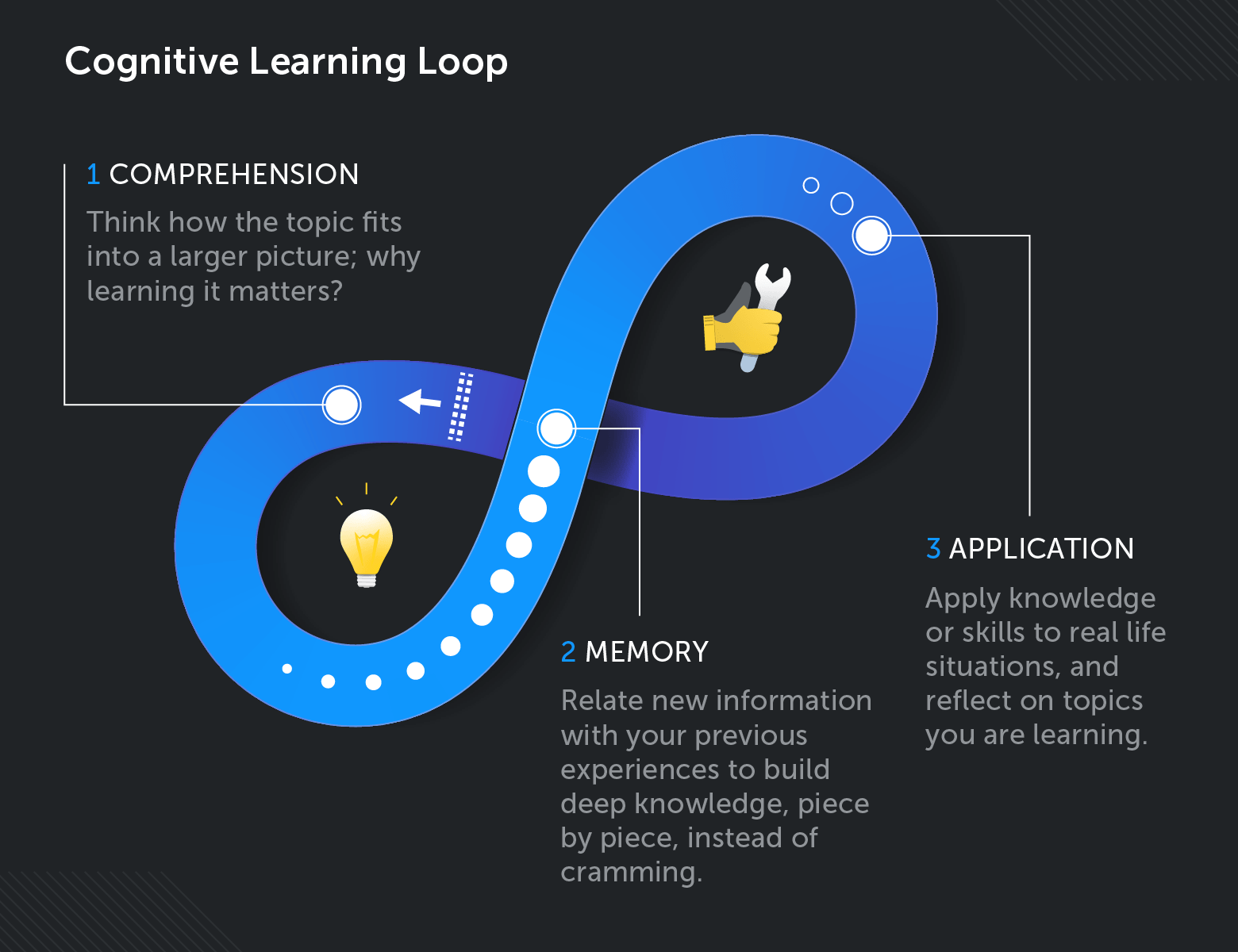A KSA is your opportunity to demonstrate your knowledge skills and abilities as they apply to an open position. Learning is the acquisition of new knowledge and skills through experience Trickleapp.

Learning Is The Acquisition Of New Knowledge And Skills Through Experience Trickle App
139 Taking the above as a working definition of learning we can examine its component parts to explore learning at the level of first the individual and second the organization.

. Acquiring knowledge and skills Change in individual behaviour as a result of some experience formal or informal Learning occurs when one experiences a new way of acting thinking or feeling finds the new pattern gratifying or useful and incorporates it into the repertoire of behaviours When the behaviour is learned it can be thought of as a. The answer is learning. It is because through learning an individual has the capacity of learning new things and remember things as he or she has acquired the information that he or she has gathered.
The knowledge acquired by systematic study in any field of scholarly application and includes the act or process of acquiring knowledge or skill which generally will lead to the modification of behavior through practice training or experience practice or. It is important to. Physical or mental rehearsal of a task skill or knowledge in order to reach some level of proficiency at performing the task skill or demonstration of the knowledge.
Learning is the process of acquiring knowledge and skills through personal experience. Describe the situation or context. Involves acquiring knowledge and skills through experience.
The acquisition of knowledge skills and abilities to improve performance on ones current job. Providing trainees with opportunities to practice performing. The theoretical or practical understanding of a subject.
The knowledge or skill acquired by a period of practical experience of something especially that gained in a particular profession. Prepare a short summary or range of appropriate skills in the relevant area. Facts information and skills acquired through experience or education.
Human capital is the. Everyone has an intuitive sense of what it means to learn. Learning is the process of.
Skills and knowledge gained by a worker through education and experience is called. Therefore this term encloses both knowledge and experience within itself emphasizing not only the difference between. View Test Prep - PSYCQuiz 5.
Learning Process and Acquiring Skills Notes MODULE-II Key Psychological Processes 6 LEARNING PROCESS AND. It results in a relatively permanent change in behavior which psychology can explain in different ways by a variety of different approaches. Facts information and skills acquired by a person through experience or education.
This answer has been confirmed as correct and helpful. For example the cognitive approach argues that mental processes shape an individuals behaviour whereas the behavioural approach proposes that. The theoretical or practical understanding of a subject.
With learning the person will likely use learning as a tool of having it to be used as an experience and a way that the person will. 8 from PSYC 101 at Morgan State University. Stock of equipment and structures that is used to produce goods and services.
Types of cognitive ability include verbal quantitative reasoning spatial and perceptual. The quality of being wise. Cognitive ability refers to capabilities related to acquiring and applying knowledge in problem solving.
For an effective KSA you can often follow the STAR method. Research indicates that genes and the environment play. Same thing as technological knowledge.
Changes due to growth maturation fatigue or injury are not included in learning. This is often a field of study closely tied to cognition memory and the way in which human beings are able to understand the world around them. Wisdom is the ability to think and act using knowledge experience common sense understanding and insight.
It is a change that takes place through practice or experience. Log in for more information. Empiricism involves acquiring knowledge through observation and experience.
The process of acquiring knowledge through experience which leads to a lasting change in behaviour Buchanan and Huczynski 2010 p. Relatively permanent change in behavior or knowledge that results from experience. Total number of hours worked in an economy.
However there is significant disagreement among scholars about how to define the term. Here are five steps to creating a KSA. The quality of having experience knowledge and good judgment.
Once again many of you may have believed that all swans are white because you have only ever seen white swans. Knowledge acquisition typically refers to the process of acquiring processing understanding and recalling information through one of a number of methods. This approach to acquiring knowledge relies on the idea that all knowledge is gained through experience which can be verified or disproved by observation experimentation or experience.
For centuries people believed the world is flat because it appears to be flat. Knowledge and skills that workers acquire through education training and experience. The mental activities involved in acquiring storing retrieving and.
Empiricism or Experience. Ivan Pavlov 1849-1936 Russian scientist performed extensive research on dogs and is best known for his experiments in classical conditioning. Terms in this set 37 Learning.
It is a fundamental part of what it means to be human. Certain level of maturity is required to acquire skills or knowledge. The productive knowledge and skills that workers acquire through education training and experience Technical Knowledge A knowledge about how the world works that is used to produce goodsservices.
The acquisition of knowledge skills and abilities required to perform future job responsibilities and the long-term achievement of individual career goals and organizational objectives. Added 1122014 50438 AM.

Cognitive Learning Theory Benefits Strategies And Examples

Kolb S Learning Styles And Experiential Learning Cycle Simply Psychology
0 Comments